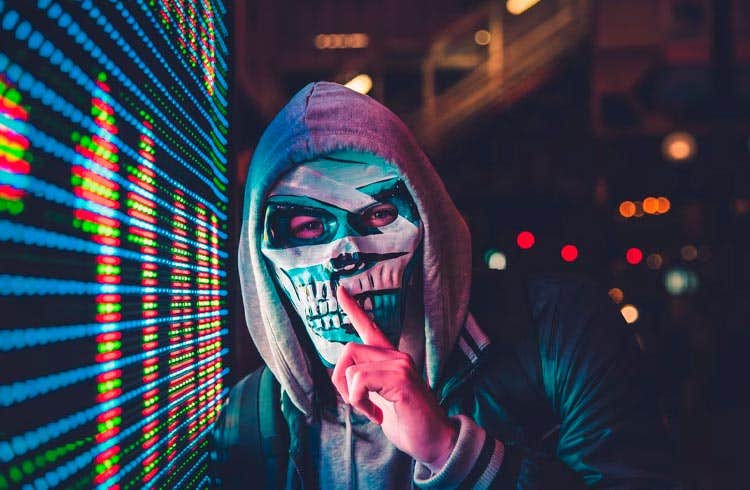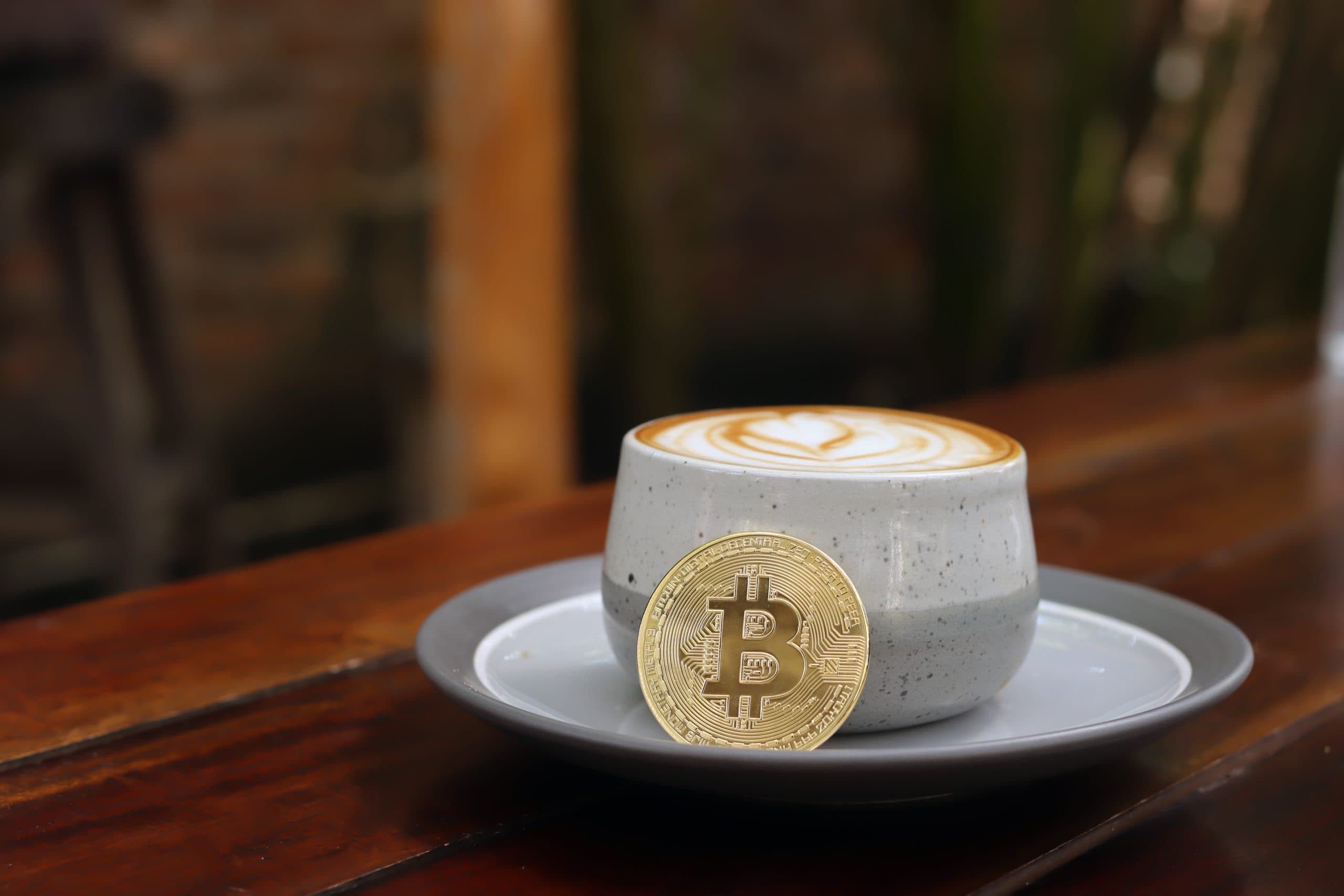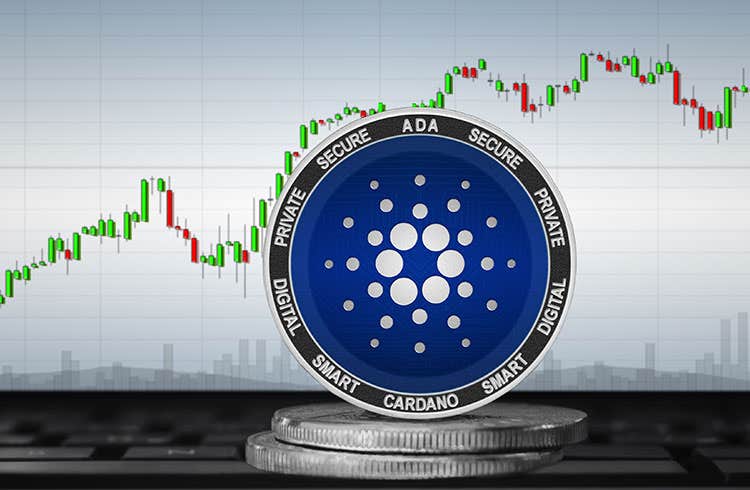With the BTC bonds, El Salvador is launching a completely new financial product. Can it work?
The bond market is in a precarious position. Fixed-income bonds hardly ever yield anything; Anyone who invests in safe government bonds such as federal bonds can even expect a negative return.
However, with the new asset class the investment market could change forever. We are of course talking about BTC Bonds.
The Salvadoran state plans to issue government bonds worth one billion US dollars as early as next year. Half of it is to flow into the financing of the BTC City megaproject. President Nayib Bukele wants to exchange the other 50 percent directly for BTC. And this is exactly where the crux lies. Because one half of the billion-dollar bond is supposed to secure the other half. The BTC with a total value of 500 US dollars thus serve as a kind of collateral for the bond.
BTC dividends boost bonds
The bond structure is also special. Because in addition to a fixed return of 6.5 percent, investors receive a “boost”, the so-called BTC dividend, after five years. The liquidity that is supposed to fund the BTC dividend comes from the sale of the originally purchased BTC holdings. Assuming that digital gold is worth more in five years than it is today, El Salvador can amply boost its bonds.
Since the bonds are issued on the Liquid Sidechain, the third-party risk is also excluded. Interest payments can be automated via smart contracts. In the press release from Block stream is it called:
With the BTC bond, special dividends are paid out annually, which arise from the staggered liquidation of BTC. The dividends are simply paid out to the bondholders via Blockstream’s Asset Management Platform (AMP).
Block stream
With the BTC bonds, El Salvador is taking another step towards integrating the largest decentralized money network in the world. BTC City may be an ambitious, if not overambitious, project. If this can be financed somehow, then with BTC bonds.
Neymar Announces NFT Collection






















